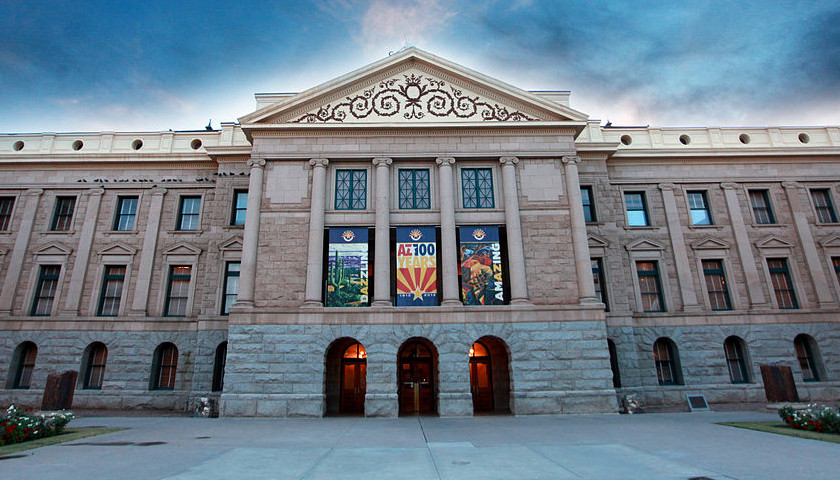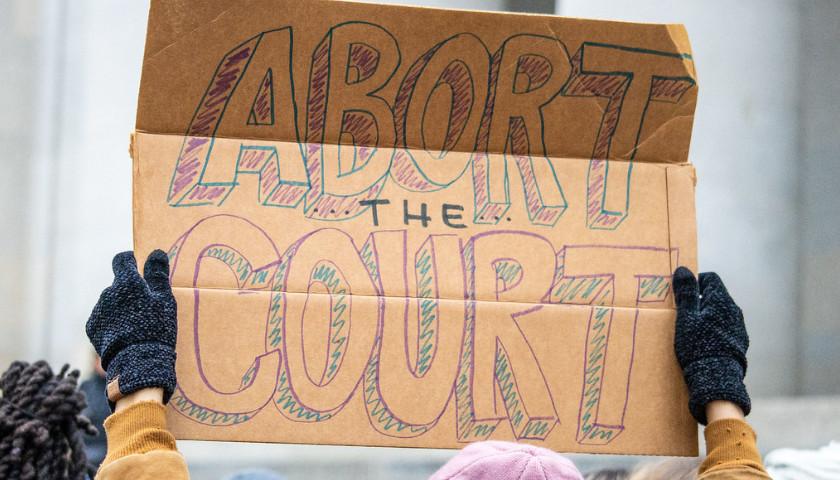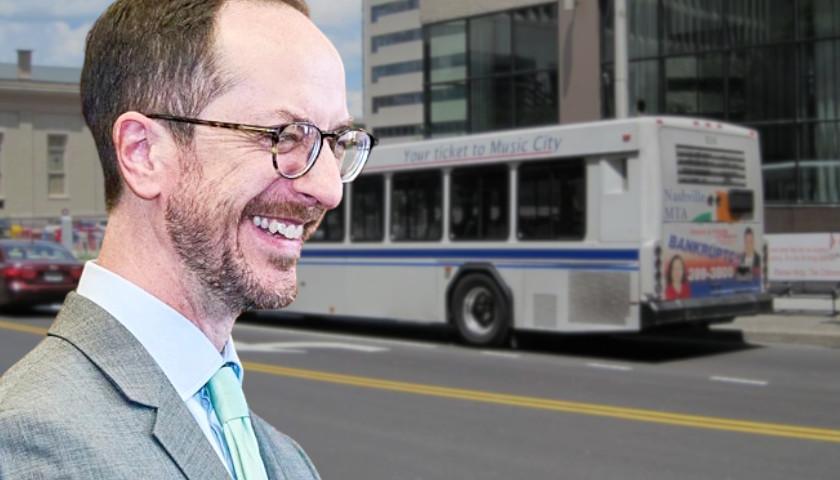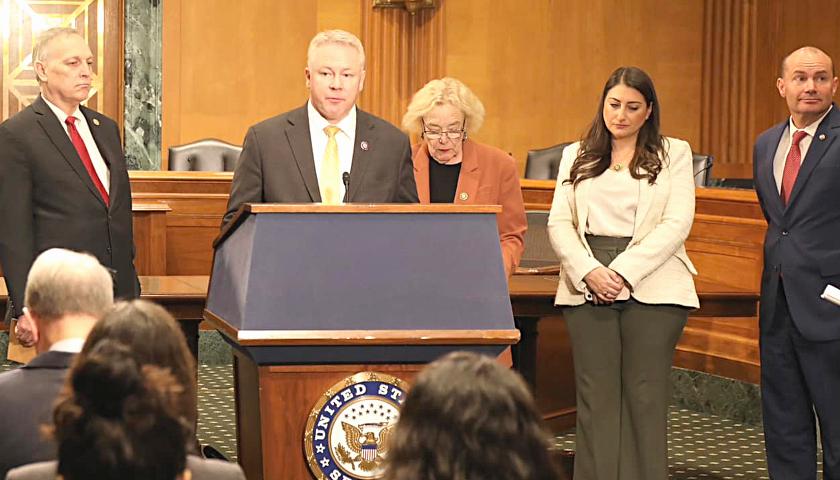The Arizona Free Enterprise Club filed a lawsuit recently against Invest in Arizona over the organization’s attempt to get three referendums on the Arizona ballot that would reverse Arizona’s recently passed tax cuts. The lawsuit contends that since the tax cuts “provide for, and directly relate to, the generation of revenues that are remitted to the general fund and appropriated to various agencies, departments and instrumentalities of the state government,” they cannot be the subject of a referendum and are unconstitutional.
AFEC President Scot Mussi, who is one of the plaintiffs, said, “All three bills directly provide for the support and maintenance of the state, were key aspects of the state’s budget, and therefore are not referable by Invest in Arizona.”
The historic tax cuts consist of SB 1828, which revised Arizona’s income tax into a flat tax of 2.5%, SB 1827, which caps the highest income earners’ tax rate at 4.5%, and SB 1783, which allows some small business owners to pay an alternative tax and deduct business income from their personal gross income.
Article 4, Part 1, Section 1(3) of the Arizona Constitution states that “laws immediately necessary for the preservation of the public peace, health, or safety or for the support and maintenance of the departments of the state government and state institutions” are immune from voter referendums. AFEC contends that the referendums fall into the latter part of that clause, citing an Arizona Court of Appeals ruling in Wade v. Greenlee County. In that case, the court refused to allow a tax increase referendum on the ballot because it would have affected the state’s budget. They affirmed the trial court’s holding that “a tax measure could not be the subject of a referendum.”
Invest in Arizona spearheaded Prop. 208, which passed in Arizona last fall imposing a 3.5% surcharge on taxable incomes above $250,000 a year for individuals and $500,000 for married couples. The tax cut legislation was passed in part to reduce that tax burden, by capping the total income tax rate for the highest earners at 4.5%.
Roopali Desai, who represents Invest in Arizona, told the Arizona Capitol Times that the tax cuts will “create hardship, not just for education but for many other things.” However, according to Arizona Governor Doug Ducey, economists forecast Arizona will have a $4 billion budget surplus over the next three years. He said the “tax reform DOES NOT impact or reduce any K-12 dollars, including those approved by voters in 2020.”
Democrat Secretary of State Katie Hobbs is also named as a defendant in the case since it is the duty of her office to approve or reject the referendums. She accepted their initial filing. The lawsuit asks for an injunction to stop the referendums and a writ of mandamus to force Hobbs to reject them.
Even if the referendums are allowed to proceed, backers need to collect 118,823 valid signatures on each of them by September 28 in order to make the ballot. Ballot measures in Arizona often fail to collect enough valid signatures.
– – –
Rachel Alexander is a reporter at the Arizona Sun Times and The Star News Network. Follow Rachel on Twitter. Email tips to [email protected].
Photo “Arizona Capitol” by Gage Skidmore. CC BY-SA 2.0.








